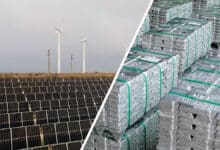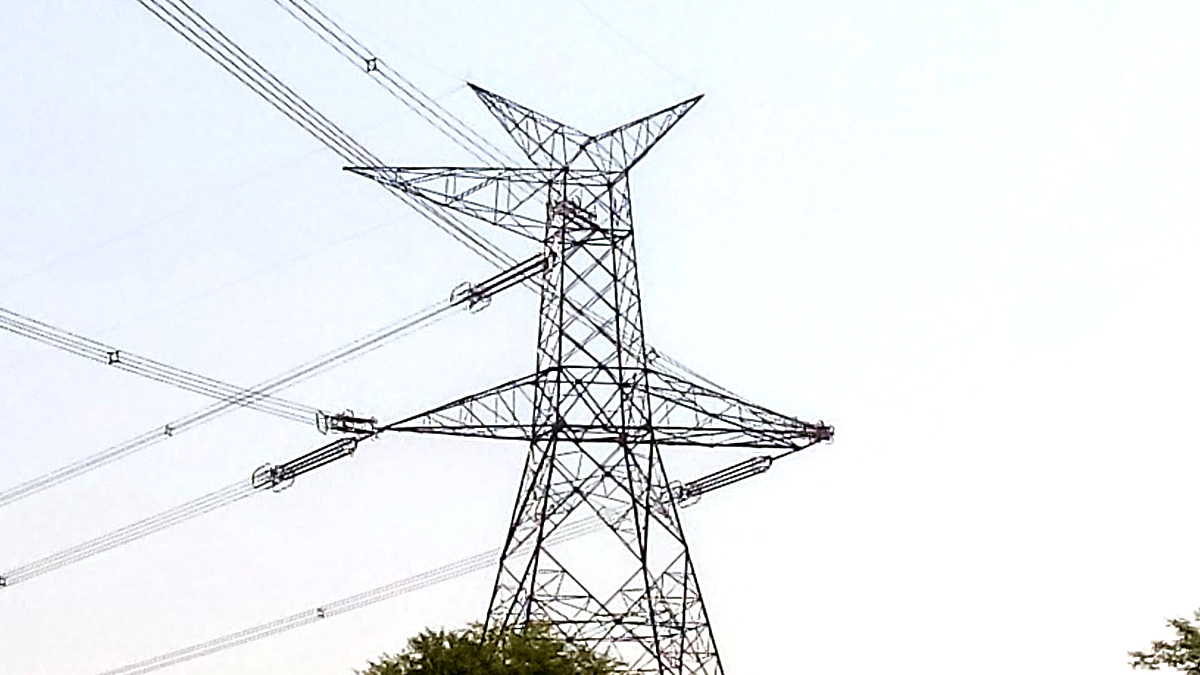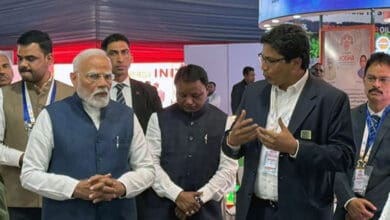In a recent statement, the Union Minister for New & Renewable Energy and Power shed light on the import dynamics of solar panels to India, unveiling a comprehensive overview of the past five years, including the ongoing fiscal year up to September 2023. The data, sourced from the Export-Import Data Bank of the Department of Commerce, delineates the influx of solar panels from various countries, illustrating both the challenges and opportunities within the solar energy market.
China, a global leader in solar panel manufacturing, has consistently dominated the imports, contributing significantly to India’s solar energy landscape. The data reveals a notable surge in imports from China, totalling $501.9 million in 2023-24 (up to September 2023), compared to $1307.03 million in 2019-20. Meanwhile, Vietnam and Malaysia have emerged as substantial contributors, with import values soaring to $455.8 million and $43.08 million, respectively, during the same period.
The report highlights the shift in categorization, as Solar PV Cells and Modules were initially classified under HS Code 85414011 until 2020-21. In 2021-22, a new HS Code 85414012 was introduced for Solar PV Modules, and further changes were implemented in 2022-23, segregating Solar PV Cells and Modules into HS Codes 85414200 and 85414300, respectively.
The Ministry of New & Renewable Energy (MNRE) has been proactively fostering domestic manufacturing through several initiatives. The Production Linked Incentive (PLI) Scheme, with an outlay of ₹24,000 crore, aims to achieve a domestic manufacturing capacity of Gigawatt (GW) scale in High Efficiency Solar PV modules. Tranche-I and Tranche-II of the scheme have seen Letters of Award issued for setting up manufacturing units with a cumulative capacity of 48,337 MW.
Additionally, MNRE has implemented the Domestic Content Requirement (DCR) in select schemes, such as CPSU Scheme Phase-II, PM-KUSUM Component B, and Grid-connected Rooftop Solar Programme Phase-II, mandating the use of solar PV cells and modules from domestic sources for projects receiving government subsidies.
The government’s commitment to ‘Make in India’ is evident through the Public Procurement (Preference to Make in India) Order, ensuring the procurement and use of domestically manufactured solar PV modules and solar inverters by government entities. Furthermore, the imposition of Basic Customs Duty (BCD) on the import of solar PV cells and modules, effective April 1, 2022, underscores India’s efforts to boost domestic manufacturing and reduce dependency on imports.
As part of its strategic measures, MNRE discontinued the issuance of Customs Duty Concession Certificates for the import of materials and equipment for the initial setup of solar PV power projects, effective February 2, 2021.













